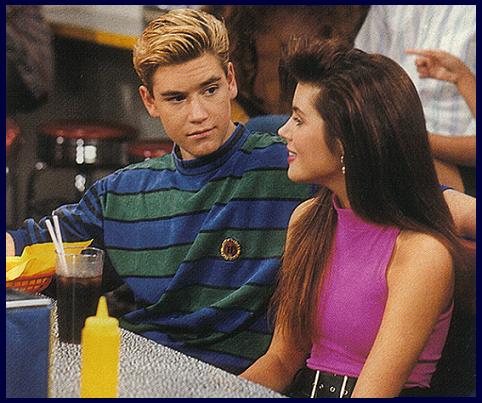Klosterphobic

Anyone with cable television can tell you that these days, self-obsessed pop culture rehash is about the only game in town. More alarmingly, put an intelligent person in front of VH1's "Best Week Ever," and they will probably watch it, not because it's interesting or funny or important, but because it's basically impossible to avoid the pull of today's lowest common denominator programming.
In this climate, a writer like Chuck Klosterman can do very well for himself. When intelligent people are perfectly happy to focus their attention on celebrity gossip, reality television, and (above all) snarky commentary regarding both, it suddenly seems like a good idea to write 1500-word essays on "Saved by the Bell."
It doesn't stop there. It is also fashionable, apparently, to discuss certain media in terms of others: Rock bands compared to various porn stars, say, or great sports dynasties of the 1980s as, well, anything. Breakfast cereal, candy fads, sitcoms, ill-fated marketing campaigns -- you name it, and chances are there is someone out there who considers it the key to understanding the 1993 Phoenix Suns.
Frankly, none of this is surprising. We are all experts by now, and the accumulated gunk of the last 30-odd years of pop culture is the only thing that most people have in common. ESPN's Bill Simmons routinely engages in the same kind of exercises as Klosterman (list-making, absurd cross-genre analogizing, and the canonization of unlikely pop icons). He's just not as good a writer. It's clear, at least, that there is a market for this stuff, and one can only expect that market to grow.
Klosterman uses the words "zeitgeist" and "Uber-" and the phrase "the acceleration of culture" entirely too much. He also insists that he doesn't try to influence his readers' opinions on music, movies, or sports, yet writes in a way that allows no other conclusions to be drawn.
I'm tempted to say that all of this cross referencing of hackneyed pop trivia poses some kind of a threat to academia (and I'm certain that it does), but this is not my primary concern. I'm more worried that a style of writing that could perhaps best be called a "non-style" is actually taken seriously. Klosterman's Saved by the Bell essay is something I might have written in 1997 to irritate a high school English teacher. This is not to say that it isn't good, or entertaining, or intensely accurate in its detail. It's just unimpressive that snarky writing on self-consciously banal topics has become a cultural force unto itself.

0 Comments:
Post a Comment
<< Home